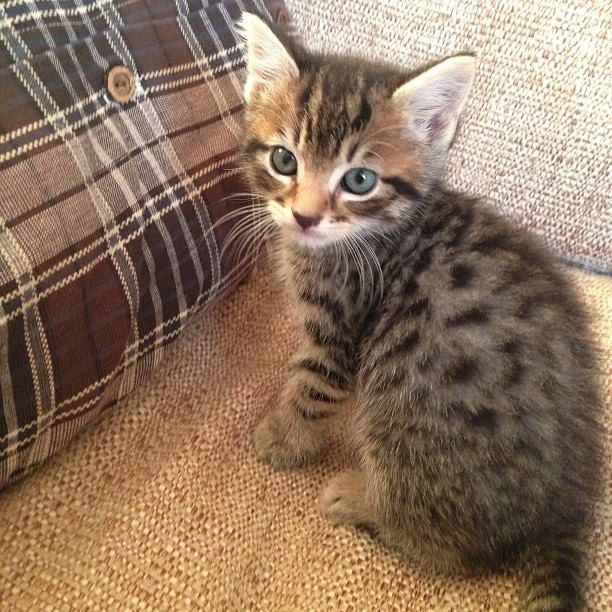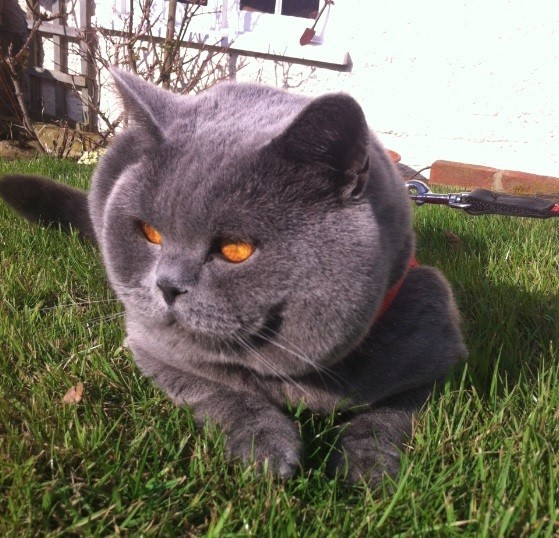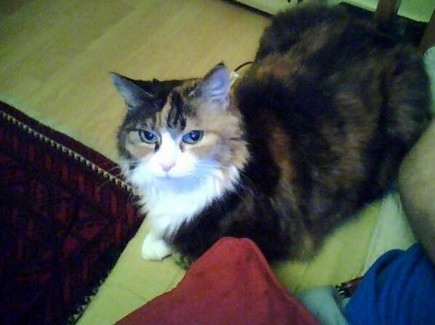Cats Know Owners' Voice - But Couldn't Care Less [PHOTOS + VIDEOS]

Pet cats recognise their owners' voices but choose to ignore them because they never evolved to care, researchers have claimed.
Atsuko Saito and Kazutaka Shinozuka, of the University of Tokyo, studied 20 housecats in their own homes to see how they reacted to different voices.
The findings, published in Animal Cognition, explained how researchers played the animals recordings of three strangers calling their names. They then played a recording of their owner calling their name.
The cats' responses were measured by their head, tail and ear movements, vocalisation, eye dilation and how they shifted their paws.

Findings showed that the cats responded to their names to identify where the sound was coming from in all recordings but showed a more pronounced response when their name was called by their owner.
Even so, none of the cats moved when called by any of the participants.
The authors believe the unresponsive behaviour of cats was likely because of evolution and the early domestication of the species.
"Domestic cats have had a 10,000-year history of cohabitation with humans and seem to have the ability to communicate with humans. However, this has not been widely examined," the authors said.
"We studied 20 domestic cats to investigate whether they could recognise their owners by using voices that called out the subjects' names, with a habituation-dishabituation method.

"These habituated cats showed a significant rebound in response to the subsequent presentation of their owners' voices. This result indicates that cats are able to use vocal cues alone to distinguish between humans."
Genetic analysis of cats has shown that housecats evolved from a species of wild cat, which moved closer to humans to prey on rodents attracted to grain and "domesticated themselves".
"Historically speaking, cats, unlike dogs, have not been domesticated to obey humans' orders. Rather, they seem to take the initiative in human-cat interaction.
"The behavioural aspect of cats that cause their owners to become attached to them are still undetermined."
© Copyright IBTimes 2025. All rights reserved.






















